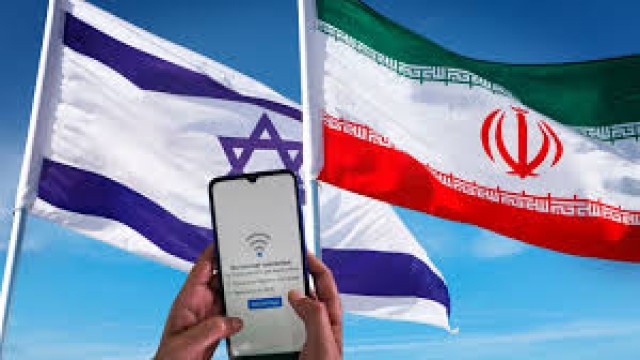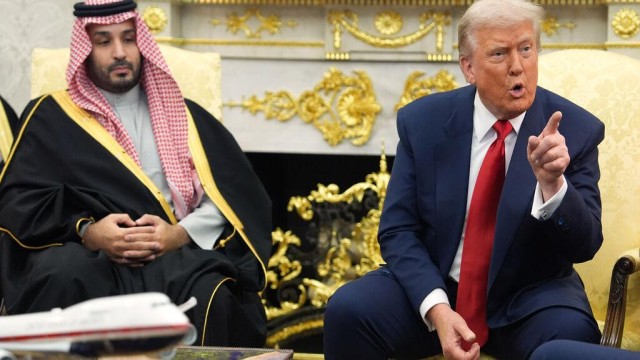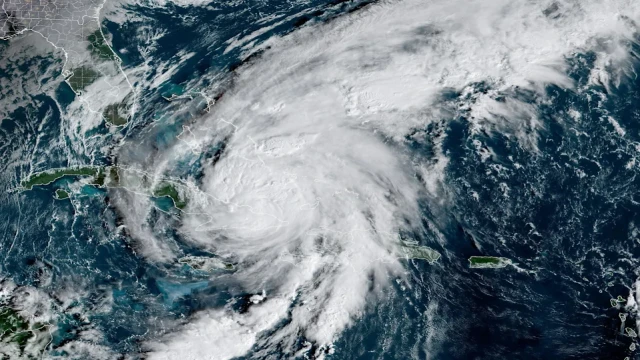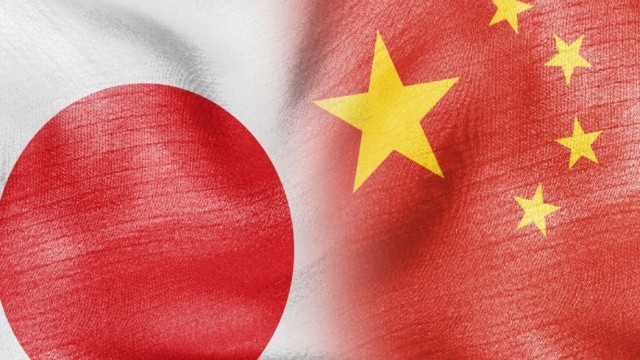Tel Aviv, June 22 (V7N) – In the wake of escalating tensions with Iran, Israel has intensified its use of social media platforms to spread video propaganda aimed at securing public support from Western nations. According to Israeli authorities, the campaign is part of a broader strategy to raise awareness about what it calls the growing threat posed by Iran’s long-range missile program.
Israeli officials claim that Iran is actively developing ballistic missiles capable of reaching targets in Europe, and potentially outfitting them with nuclear warheads. The concern, they argue, is not only regional but global, with implications for international security.
As part of its digital campaign, Israel has been circulating videos across various platforms, including X (formerly Twitter), YouTube, and Instagram, highlighting Iran's alleged ambitions to destabilize the Middle East and challenge Western democracies. These videos often feature animated simulations, expert interviews, and footage of Iranian military parades showcasing missile technology.
The Israeli government asserts that these efforts are necessary to inform and alert Western citizens and policymakers about the urgency of the Iranian threat. “This is no longer just a regional issue,” said an Israeli defense spokesperson. “Iran’s ballistic capabilities, coupled with its nuclear ambitions, pose a clear danger to Europe and beyond. We are using every available channel to make the world see the reality.”
Analysts note that Israel’s use of social media to influence international public opinion reflects a broader trend in modern warfare, where information and perception are as critical as physical combat. Some experts, however, warn that while digital propaganda can shape narratives, it can also fuel misinformation and deepen global polarization.
Meanwhile, Iran has dismissed Israel’s claims as baseless and politically motivated. Iranian officials argue that their missile program is strictly for defensive purposes and accuse Israel of trying to divert attention from its own military actions in the region.
The ongoing conflict between the two countries has already triggered international concern, particularly among NATO allies and European Union members, who fear being drawn into a wider regional war. As diplomatic tensions rise, so too does the battle over influence in the digital sphere, with both nations competing for global sympathy and strategic alliances.
Observers say that the outcome of this information war may significantly affect how the broader conflict unfolds, especially in terms of foreign policy decisions and international military cooperation.
END/WD/AJ/




























Comment: